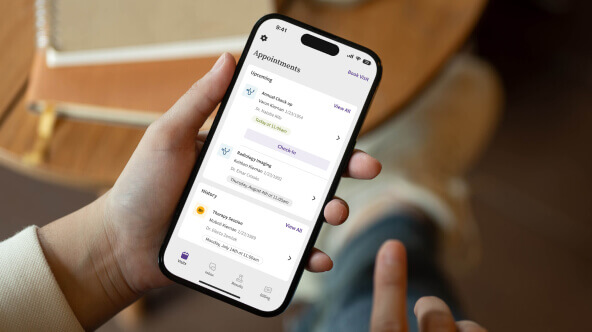To address the ongoing challenge of collecting patient self-pay, having a policy in place at any medical practice can have a big impact on the successful collection of self-pay health insurance payments and, ultimately, the practice’s bottom line. A well-written self-pay insurance protocol can help a practice:
- Promote patient satisfaction by maintaining clear expectations with patients about self-pay health insurance payments
- Ensure that all staff are handling self-pay issues consistently
- Support effective collection efforts
- Avoid legal pitfalls in patient billing and collection
Important Note: Before putting any policy or procedure into effect, consult a legal advisor to make sure it fits a particular practice’s needs and complies with applicable laws.
When creating a self-pay policy, consider these best practices:
Keep the policy simple. Effective policies for collecting self-pay health insurance payments are limited to one page of easy-to-understand language. Much of a policy's value will be lost if patients cannot easily read and understand it.
Make the policy broad enough to apply to virtually every patient. Having different policies for different patient populations is possible, but may be tricky to administer. It could also make insurance payers think a practice is discriminating against certain self-pay insurance populations.
Make sure staff and providers are on board with the policy. Empower your staff to talk about self pay insurance balances. Educate your physicians about the impact self-pay has on the bottom line.
Communicate the policy across all relevant languages and media. Some state licensing boards have rules about communicating with patients in their primary language, or by means accessible to non-sighted and other disabled populations. Check local requirements.
Have all patients review your policy. Prominently display the financial policy for self-pay health insurance payments, including any upcoming changes, and distribute patient letters to update patients about changes to your policy.
Decide if you want to ask patients to sign the policy. A signature reinforces the patient's understanding of his/her financial responsibility, provides a record that the patient has seen the policy, and, in some states, may give practices a legal advantage if there are disputes about payments for self-pay health insurance. A practice’s ability to recover the costs of collection over and above any outstanding fees may depend on whether the patient has signed an agreement accepting responsibility for these costs. However, it may be helpful to consider how likely it is that your practice would take a patient to court to collect a self-pay debt.
As mentioned above, it is essential to consult a legal advisor when crafting a policy for self-pay health insurance collections. For example, it may not be advisable to use terms such as "overdue," "in default," or "delinquent" in a policy unless an account is in the process of going to a licensed collection agency.
When creating a self-pay policy, it is also necessary to create a separate Advance Beneficiary Notice (ABN) process, in which patients must receive notice in advance of care for them to be personally responsible for the costs of uncovered services. Some government programs, such as Medicare, require that patients receive an ABN; however, such notices cannot be given routinely to all program beneficiaries. To make sure that a policy for self-pay health insurance payments can be enforced, generate a process that ensures patients get ABNs only when appropriate.












